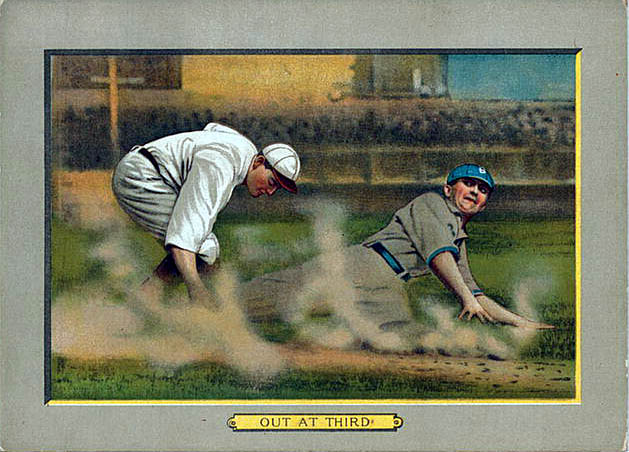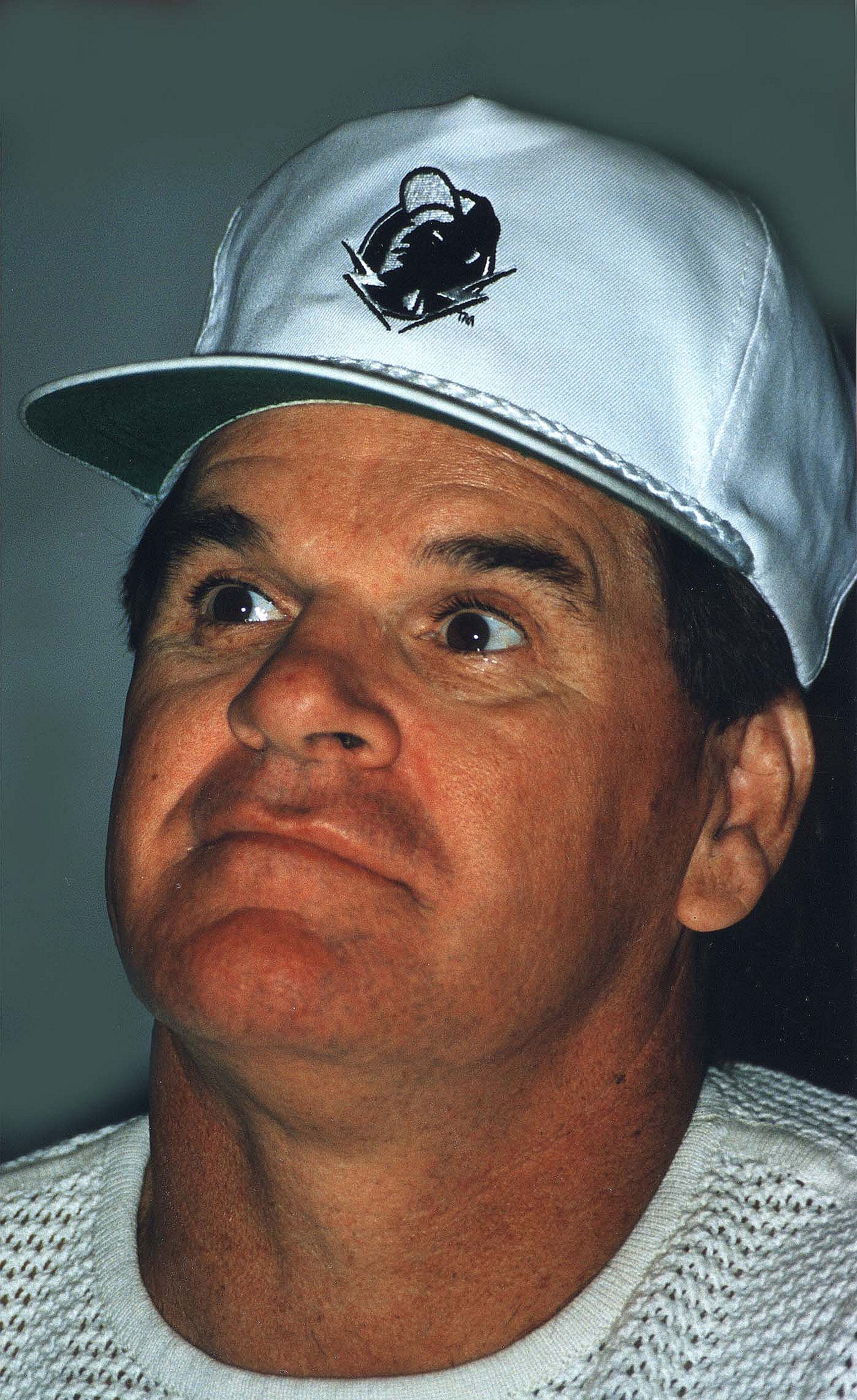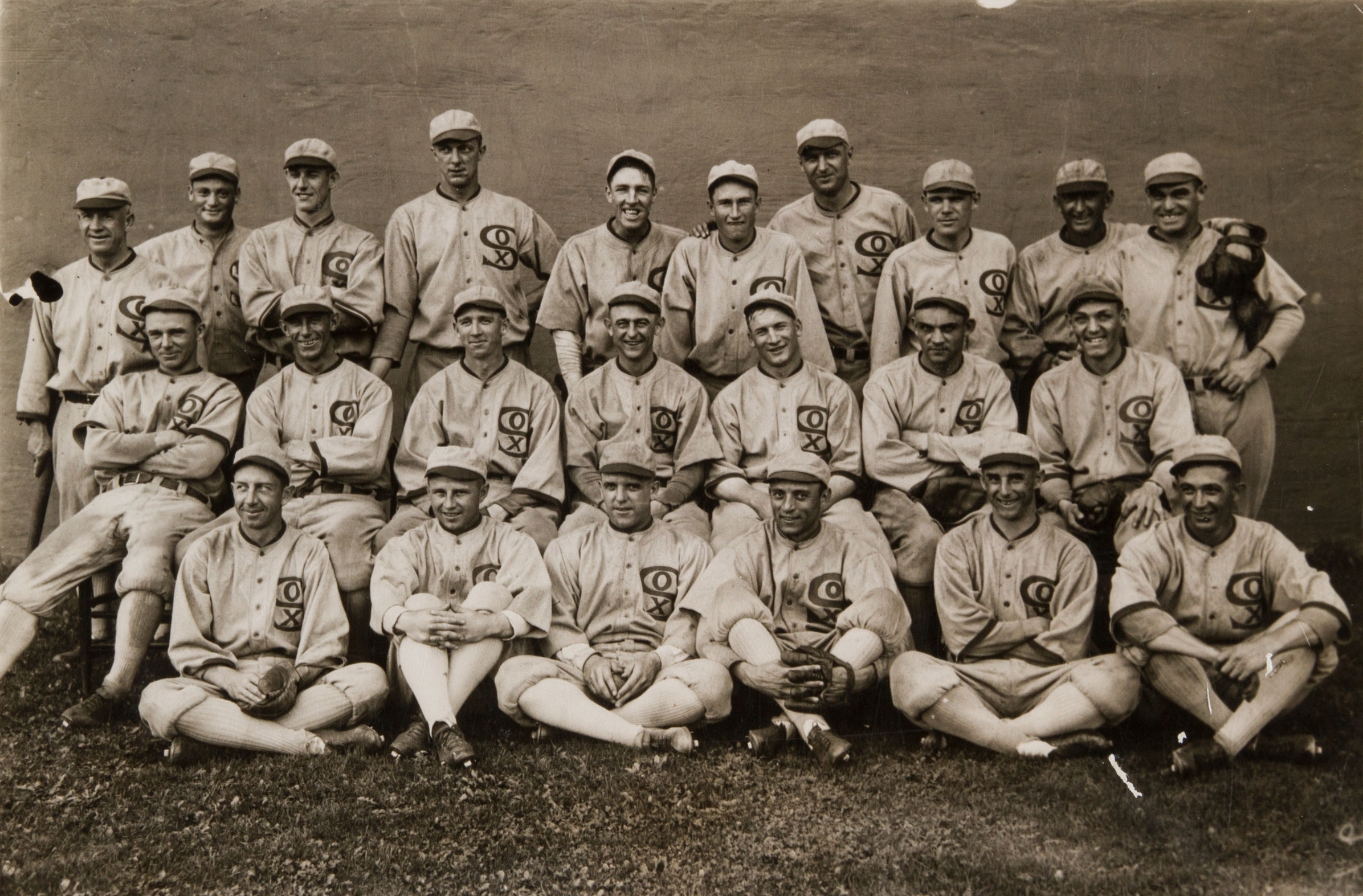|
Bert Cueto
Dagoberto Cueto Concepción (August 14, 1937 – October 25, 2011) was a Cuban-born professional baseball player. The native of San Luis, Pinar del Río, was a right-handed pitcher whose nine-year career included seven games pitched in Major League Baseball for the 1961 Minnesota Twins. He was listed as a lanky tall and . Cueto was signed in 1956 by legendary scout Joe Cambria of the Washington Senators of 1901–1960, and was in his sixth year with the organization when he was recalled from Triple-A Syracuse during the MLB franchise's first season as the Twins. He was a starting pitcher in five of his seven Minnesota appearances, including his MLB debut on June 18, 1961, against the Chicago White Sox The Chicago White Sox are an American professional baseball team based in Chicago. The White Sox compete in Major League Baseball (MLB) as a member club of the American League (AL) Central division. The team is owned by Jerry Reinsdorf, and p ... at Comiskey Park. Althou ... [...More Info...] [...Related Items...] OR: [Wikipedia] [Google] [Baidu] |
Pitcher
In baseball, the pitcher is the player who throws ("pitches") the baseball from the pitcher's mound toward the catcher to begin each play, with the goal of retiring a batter, who attempts to either make contact with the pitched ball or draw a walk. In the numbering system used to record defensive plays, the pitcher is assigned the number 1. The pitcher is often considered the most important player on the defensive side of the game, and as such is situated at the right end of the defensive spectrum. There are many different types of pitchers, such as the starting pitcher, relief pitcher, middle reliever, lefty specialist, setup man, and the closer. Traditionally, the pitcher also bats. Starting in 1973 with the American League(and later the National League) and spreading to further leagues throughout the 1980s and 1990s, the hitting duties of the pitcher have generally been given over to the position of designated hitter, a cause of some controversy. The Japanese Central Le ... [...More Info...] [...Related Items...] OR: [Wikipedia] [Google] [Baidu] |
Washington Senators (1901–60)
Washington Senators may refer to: Politicians * Members of the United States Senate, which convenes in Washington, D.C. ** United States senators from Washington, senators representing the state of Washington in the United States Senate * Members of the Washington State Senate, which convenes in Olympia, Washington * Senator Washington (other), senators with the surname Washington * Shadow senator, an official symbolically elected to represent Washington, D.C., in the United States Senate Sports American football * Washington Senators (NFL), an American football team that played from 1921 to 1922 Baseball * Washington Senators (1891–1899), played in the American Association and the National League * Washington Senators (1912), played in the short-lived United States Baseball League * Washington Senators (1901–1960), an American League team, now the Minnesota Twins * Washington Senators (1961–1971), an American League team, now the Texas Rangers * Washington Nationa ... [...More Info...] [...Related Items...] OR: [Wikipedia] [Google] [Baidu] |
Pinch Hitter
In baseball, a pinch hitter is a substitute Batting (baseball), batter. Batters can be substituted at any time while the dead ball (baseball), ball is dead (not in active play); the manager (baseball), manager may use any player who has not yet entered the game as a substitute. Unlike basketball, American football or ice hockey, and in a similar way to association football, baseball does not have a "free substitution rule" (at the professional level) and thus the replaced player is not allowed back into that game. The pinch hitter assumes the spot in the batting order of the player whom he replaces. Pinch hitters are commonly used to replace a weak hitter (often the pitcher) or to gain a Platoon system, platoon advantage. The player chosen to be a pinch hitter is often a backup infielder or outfielder whose defensive skills are limited. In Major League Baseball (MLB), catchers are less likely to be called upon to pinch-hit, because most teams have only two catchers. Pitchers are ... [...More Info...] [...Related Items...] OR: [Wikipedia] [Google] [Baidu] |
Home Run
In baseball, a home run (abbreviated HR) is scored when the ball is hit in such a way that the batter is able to circle the bases and reach home plate safely in one play without any errors being committed by the defensive team. A home run is usually achieved by hitting the ball over the outfield fence between the foul poles (or hitting either foul pole) without the ball touching the field. Far less common is the "inside-the-park" home run where the batter reaches home safely while the baseball is in play on the field. When a home run is scored, the batter is credited with a hit and a run scored, and a run batted in ( RBI) for each runner that scores, including himself. Likewise, the pitcher is recorded as having given up a hit and a run, with additional runs charged for each runner that scores other than the batter. Home runs are among the most popular aspects of baseball and, as a result, prolific home run hitters are usually the most popular among fans and consequently th ... [...More Info...] [...Related Items...] OR: [Wikipedia] [Google] [Baidu] |
Out (baseball)
In baseball, an out occurs when the umpire rules a batter or baserunner out. When a batter or runner is out, they lose their ability to score a run and must return to the dugout until their next turn at bat. When three outs are recorded in a half-inning, the batting team's turn expires. To signal an out, an umpire generally makes a fist with one hand, and then flexes that arm either upward, particularly on pop flies, or forward, particularly on routine plays at first base. Home plate umpires often use a "punch-out" motion to signal a called strikeout. Ways of making outs * The most common ways batters or runners are put out are when: ** The batter strikes out (they make three batting mistakes, known as ''strikes'', without hitting the ball into fair territory); ** The batter flies out (they hit the ball and it is caught before landing); ** a baserunner is tagged out (they are touched by the ball, held in an opponent's hand, while not on a base); ** a baserunner is forced ... [...More Info...] [...Related Items...] OR: [Wikipedia] [Google] [Baidu] |
Inning (baseball)
In baseball, softball, and similar games, an inning is the basic unit of play, consisting of two halves or frames, the "top" (first half) and the "bottom" (second half). In each half, one team bats until three outs are made, with the other team playing defense. A full baseball game is typically scheduled for nine innings, while softball games consist of seven innings; although this may be shortened due to weather or extended if the score is tied at the end of the scheduled innings. The use of the term ''inning'' in baseball and softball contrasts with cricket and rounders, in which the term is ''innings'' in both singular and plural. Gameplay Each half-inning formally starts when the umpire calls "Play" or "Play ball". A full inning consists of six outs, three for each team; and, in Major League Baseball and most other adult leagues, a regulation game consists of nine innings. The visiting team bats in the first half-inning, the ''top'' of the inning, derived from the position ... [...More Info...] [...Related Items...] OR: [Wikipedia] [Google] [Baidu] |
Run (baseball)
In baseball, a run is scored when a player advances around first, second and third base and returns safely to home plate, touching the bases in that order, before three outs are recorded and all obligations to reach base safely on batted balls are met or assured. A player may score by hitting a home run or by any combination of plays that puts him safely "on base" (that is, on first, second, or third) as a runner and subsequently brings him home. Once a player has scored a run, they may not attempt to score another run until their next turn to bat. The object of the game is for a team to score more runs than its opponent. The Official Baseball Rules hold that if the third out of an inning is a force out of a runner advancing to any base then, even if another baserunner crosses home plate before that force out is made, his run does not count. However, if the third out is not a force out, but a tag out, then if that other baserunner crosses home plate before that tag out is made, ... [...More Info...] [...Related Items...] OR: [Wikipedia] [Google] [Baidu] |
Stolen Base
In baseball, a stolen base occurs when a runner advances to a base to which they are not entitled and the official scorer rules that the advance should be credited to the action of the runner. The umpires determine whether the runner is safe or out at the next base, but the official scorer rules on the question of credit or blame for the advance under Rule 10 (Rules of Scoring) of the MLB's Official Rules. A stolen base most often occurs when a base runner advances to the next base while the pitcher is pitching the ball to home plate. Successful base stealers are not only fast but have good base-running instincts and timing. Background Ned Cuthbert, playing for the Philadelphia Keystones in either 1863 or 1865, was the first player to steal a base in a baseball game, although the term ''stolen base'' was not used until 1870. For a time in the 19th century, stolen bases were credited when a baserunner reached an extra base on a base hit from another player. For example, if a ru ... [...More Info...] [...Related Items...] OR: [Wikipedia] [Google] [Baidu] |
Base On Balls
A base on balls (BB), also known as a walk, occurs in baseball when a batter receives four pitches that the umpire calls '' balls'', and is in turn awarded first base without the possibility of being called out. The base on balls is defined in Section 2.00 of baseball's Official Rules, and further detail is given in 6.08(a). It is considered a faux pas for a professional player to literally walk to first base; the batter-runner and any advancing runners normally jog on such a play. The term "base on balls" distinguishes a walk from the other manners in which a batter can be awarded first base without liability to be put out (e.g., hit by pitch (HBP), catcher's interference). Though a base on balls, catcher's interference, or a batter hit by a pitched ball all result in the batter (and possibly runners on base) being awarded a base, the term "walk" usually refers only to a base on balls, and not the other methods of reaching base without the bat touching the ball. An importan ... [...More Info...] [...Related Items...] OR: [Wikipedia] [Google] [Baidu] |
Single (baseball)
In baseball, a single is the most common type of base hit, accomplished through the act of a batter safely reaching first base by hitting a fair ball (thus becoming a runner) and getting to first base before a fielder puts him out. As an exception, a batter-runner reaching first base safely is not credited with a single when an infielder attempts to put out another runner on the first play; this is one type of a fielder's choice. Also, a batter-runner reaching first base on a play due to a fielder's error trying to put him out at first base or another runner out (as a fielder's choice) is not credited with a single. On a single hit to the outfield, any runners on second base or third base normally score, and sometimes the runner from first base is able to advance to third base. Depending on the location of the hit, a quick recovery by the outfielder can prevent such an advance or create a play on the advancing runner. Hitters who focus on hitting singles rather than doubles ... [...More Info...] [...Related Items...] OR: [Wikipedia] [Google] [Baidu] |
Comiskey Park
Comiskey Park was a baseball park in Chicago, Illinois, located in the Armour Square neighborhood on the near-southwest side of the city. The stadium served as the home of the Chicago White Sox of the American League from 1910 through 1990. Built by White Sox owner Charles Comiskey and designed by Zachary Taylor Davis, Comiskey Park hosted four World Series and more than 6,000 Major League Baseball games. Also, in one of the most famous boxing matches in history, the field was the site of the 1937 heavyweight title match in which Joe Louis defeated then champion James J. Braddock in eight rounds that launched Louis' unprecedented 11-plus year run as the heavyweight champion of the world. The Chicago Cardinals of the National Football League also called Comiskey Park home when they were not playing at Normal Park, Soldier Field or Wrigley Field. They won the 1947 NFL Championship Game over the Philadelphia Eagles at Comiskey Park. Much less popular than the Bears, the Cardinals ... [...More Info...] [...Related Items...] OR: [Wikipedia] [Google] [Baidu] |
Chicago White Sox
The Chicago White Sox are an American professional baseball team based in Chicago. The White Sox compete in Major League Baseball (MLB) as a member club of the American League (AL) Central division. The team is owned by Jerry Reinsdorf, and plays its home games at Guaranteed Rate Field, located on Chicago's South Side. The White Sox are one of two MLB teams based in Chicago, the other being the Chicago Cubs of the National League (NL) Central division. One of the American League's eight charter franchises, the White Sox were established as a major league baseball club in as the Chicago White Stockings, before shortening their name to the White Sox in . The team originally played their home games at South Side Park before moving to Comiskey Park in , where they played until . They moved into their current home, which was originally also known as Comiskey Park like its predecessor and later carried sponsorship from U.S. Cellular, for the 1991 season. The White Sox won t ... [...More Info...] [...Related Items...] OR: [Wikipedia] [Google] [Baidu] |




.jpg)
.jpg)

